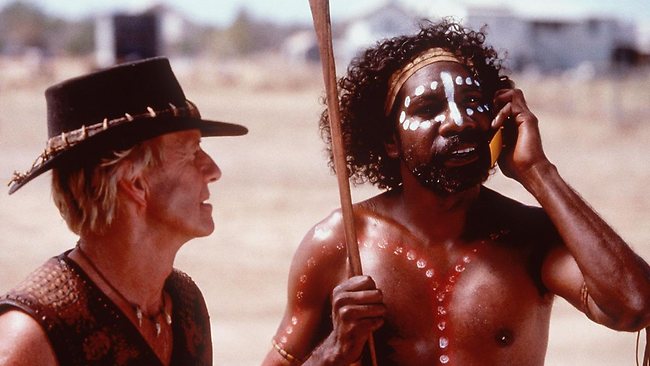Examining Code of Conduct violations
Codes of Conduct have been promoted as a way of raising leadership standards in the free software community. This is a worthy goal and it deserves critical analysis both to see if it will achieve that goal and to see if it will do any harm.
Historically, Codes of Conduct have been used to oppress a wide range of groups, including women, homosexuals and indigeneous people. We can't truly understand what Codes of Conduct may really mean without showing respect for these groups and their history.
When Toastmasters was formed in 1924, women were not permitted to join. When Helen Blanchard joined in 1970, she used a man's name, Homer, on the application form. Simply by joining, Blanchard was breaking a Code of Conduct, at least in the way that free software organizations use that term. This was not a little white lie, it was an act of courage. Fortunately the rules were changed, Blanchard became the first female president of Toastmasters International. Why couldn't a woman call herself a Toastmaster?

When Australia federated in 1901, it wasn't considered necessary for aboriginal Australians to vote. When volunteers in free software organizations ask about voting rights and financial transparency, we are accused of running a campaign of harassment. Nonetheless, after 66 years, Australia granted voting rights to the aboriginal population in 1967. In comparison, women in Switzerland had to continue their campaign for the right to vote up to 1991. Swiss men felt they were victims of a campaign of harassment. During the period when Australia's aboriginal population were prohibited from voting, a number of communities allowed them to vote anyway, in free-software-speak, breaking the Code of Conduct for aboriginals at that time.

One of the most remarkable stories of a Code of Conduct violation could be the petition for gay rights at the Salamanca Market in Tasmania. This wasn't a petition for gay marriage, they were simply asking to revoke laws that made homosexuality illegal. A massive police response was organized and 120 people were arrested for running a booth about diversity. Gay relationships and men holding hands were a violation of Tasmania's Code of Conduct. The charges against their petitions and leaflets were as overzealous as the accusations of spamming and trolling in free software organizations.
In the world of free software, we have now overreached in the other direction. For example, in one organization, a volunteer was expelled in the week before Christmas when he used the wrong pronoun for a transgender developer. That type of expulsion is every bit as extreme as the arrests at Hobart's Salamanca market. Just as gay Tasmanians work and pay taxes, the volunteer in question had spent 10 years packaging the LaTeX software used widely in the academic world.
Fedora is still considering the Community Publishing Platforms proposal. It is important to keep in mind that many of these reforms that we take for granted today didn't come about through submission and obedience. It is more important than ever to look for constructive alternatives to the Code of Conduct mania that has encouraged a culture of accusations and intimidation in free software organizations.